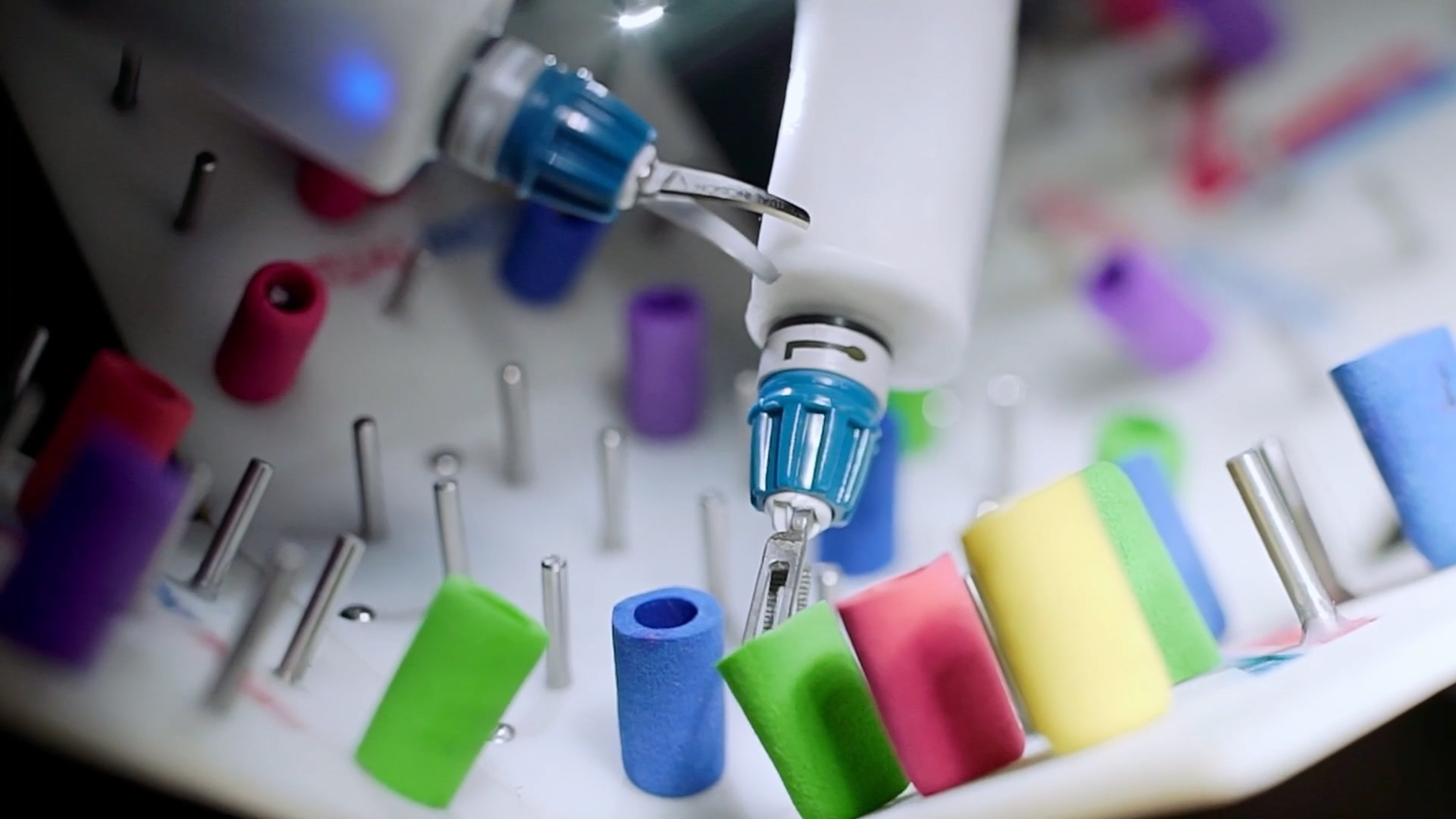LINCOLN, Neb.--(BUSINESS WIRE)--Virtual Incision Corporation, a medical device company spearheading the development of the world’s first miniaturized robotic-assisted surgery (RAS) system, today announced the completion of its U.S. Food and Drug Administration (FDA) Investigational Device Exemption (IDE) clinical study. The study was designed to evaluate the company’s MIRA Surgical System for use in bowel resection procedures. This is an important achievement towards bringing new technologies to hospitals and their surgical robotics programs regardless of the site of care.
The surgical cases were completed at three hospitals across the country. Patients who participated in the study were followed after their procedure to fulfill study requirements. The complete data will be correlated and submitted to the FDA as part of the company’s De Novo request for market authorization. Virtual Incision is the first RAS developer to complete a U.S. IDE study to support a De Novo request in bowel resection.
“The investigators are very encouraged by our experiences trialing the MIRA Surgical System,” said Michael A. Jobst, MD, colorectal surgeon. “Across the sites, we’ve seen MIRA efficiently integrate into existing RAS programs and witnessed how it is mobile enough for use in any operating room. Some sites have even completed multiple cases in a single day. We are eager to fulfill the clinical requirements of the study in hopes that MIRA can help expand RAS access to more patients in the future.”
There are 5 million Americans who undergo abdominal soft tissue procedures annually, however, more than 90 percent go without access to RAS. If authorized by the FDA, MIRA’s miniaturized, strong, and easy-to-use design could potentially increase the overall availability of RAS. It has the potential to integrate into any facility or operating room by serving as a complement to the existing mainframe RAS systems, or by expanding into new sites of care and geographies as a standalone. Virtual Incision aims to increase patient access through a clinically, operationally, and economically sound platform available to all providers.
“Completing MIRA’s IDE clinical study is a critical milestone in our journey to making RAS more accessible,” said John Murphy, president and chief executive officer of Virtual Incision. “Currently, less than 10 percent of the 90,000 operating rooms in the U.S. are equipped with mainframe RAS systems. Beyond the incredible progress of the industry pioneer, it’s still in the early days of the adoption of soft tissue surgical robotics. Our ultimate goal is to develop world-class miniature RAS devices with the required strength and dexterity to enable positive clinical outcomes for a broad range of procedure types.”
About the MIRA Surgical System
MIRA is the world’s first miniaturized robotic-assisted surgery (RAS) system. Its small, sleek design is planned to offer the benefits of RAS during bowel resection procedures without the logistical inefficiencies of traditional mainframe robotics. The easily accessible device weighs approximately two pounds and offers internal triangulation with shoulders, arms, and infinite wrist roll inside of the body. It can be used in any operating room – a dedicated mainframe room is unnecessary. With its drape- and dock-free design and portability, MIRA is quick to set up, clean up, and move between cases. Its conveniently accessible design positions it to be used as a standalone system or a complementary tool for facilities that already own a mainframe. With MIRA, every operating room is RAS-ready.
About Virtual Incision
Virtual Incision is on a mission to simplify robotic-assisted surgery (RAS), so more patients and their surgeons can access its benefits every day. Headquartered in Lincoln, Nebraska, and holding over 200 patents and patent applications, the company is developing MIRA, the first-of-its-kind miniature RAS platform. Virtual Incision’s goal is to make every operating room RAS-ready. For more information, visit our website or follow us on LinkedIn and Twitter.
Cautionary Note Regarding Forward-Looking Statements
This communication contains statements that constitute “forward-looking statements” within the meaning of the Private Securities Litigation Reform Act of 1995. Forward-looking statements include, but are not limited to, statements regarding our plans, beliefs, expectations, assumptions, and other statements that are not necessarily historical facts. You are cautioned that these forward-looking statements are only predictions and involve risks and uncertainties. Further, any forward-looking statement speaks only as of the date on which it is made, and we do not intend to update or revise any forward-looking statements. This communication also contains market data related to our business and industry which includes projections that are based on several assumptions we believe are reasonable and most significant to the projections as of the date of this communication. If any of our assumptions prove to be incorrect, our actual results may significantly differ from our projections based on these assumptions.



